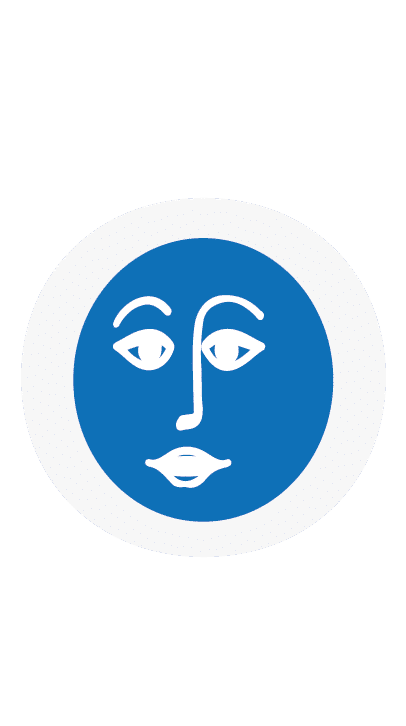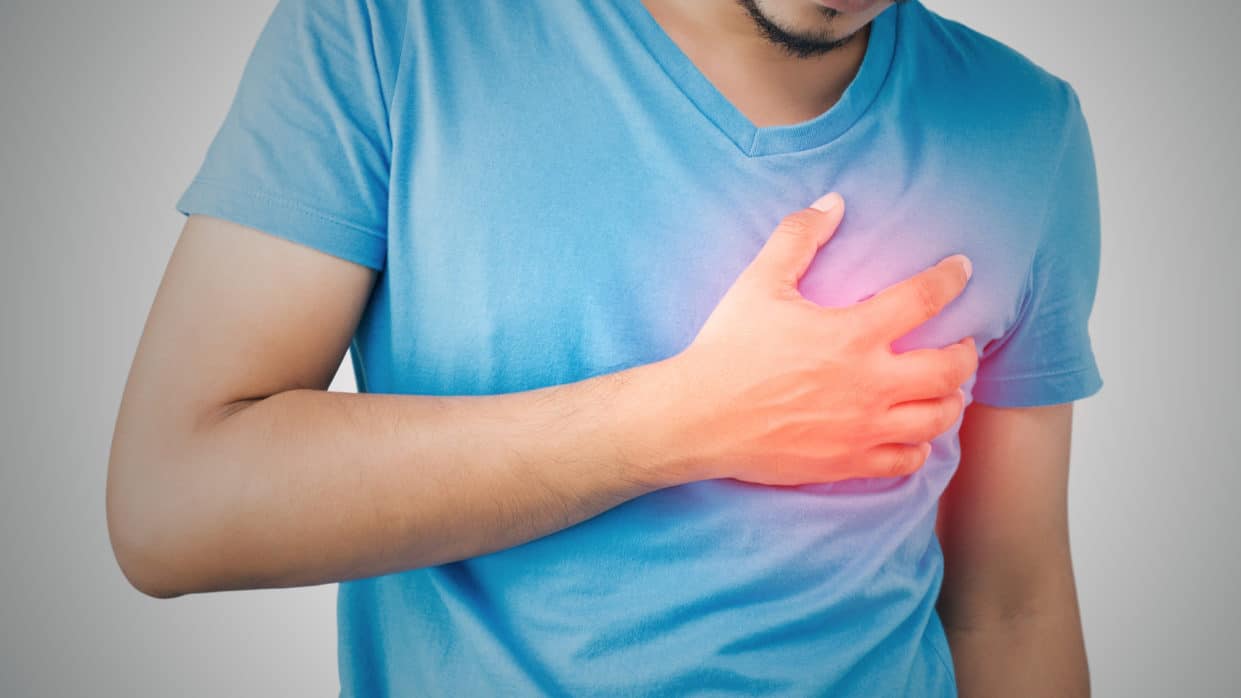Staying healthy is important, and one of the first steps is knowing when something is wrong. In many cases, early detection of a disease can mean the difference between a full recovery and more permanent issues, or even death. Below are the top 10 diseases in the U.S. and some of the things you should watch out for.
Heart Disease
Heart disease leads the pack of most common diseases, causing more than 23 percent of all deaths in the U.S. This term describes several specific conditions, all of which involve a buildup of plaque in the arteries. Of course, the most well-known condition under the heart disease umbrella is a heart attack.
Knowing the signs of a heart attack can be the key to surviving one. Symptoms can include chest pain; pain in the upper arms, jaw, neck, or upper stomach; breathlessness; nausea; lightheadedness; and cold sweats. If you experience these symptoms, get to a hospital as quickly as possible.
Cancer
Cancer is another heavy hitter on the causes of death list. Odds are you know someone who has had cancer, as it accounts for another 22 percent of the mortality rate. Lung cancer accounts for the most cancer-related deaths in both men and women.
Anyone can develop cancer, which involves the uncontrolled growth and spread of abnormal cells. But there are some factors that can increase your risk for cancer. Among these are family history (for instance, if you have a family history of skin cancer, you should keep a close eye on new skin growths) and exposure to carcinogens.
Chronic Lower Respiratory Diseases
Chronic lower respiratory diseases, or CLRD, come in third in the list of most common diseases in the U.S. This group, which includes lung diseases that cause breathing-related issues and airflow blockage, accounts for more than 5 percent of deaths each year. Bronchitis, asthma, emphysema, and chronic obstructive pulmonary disease (COPD) all fall into this category.
There are a few warning signs that can alert you to the potential presence of CLRD. If you have difficulty breathing, especially when active; a cough that won’t go away; or frequent chest infections, you may be at risk. Talk to your doctor, especially if you have a family history of CLRD or if you smoke.
Cerebrovascular Disease
Although this disease sounds complex, you probably know it by its more common moniker – stroke. Strokes happen when something happens to cut off blood supply to a part of the brain. This can result in permanent brain damage, and every second count when treating a stroke.
If you experience numbness or weakness, especially in one side of the body; are confused and have trouble speaking; have trouble seeing, walking, or understanding speech; or have an ongoing severe headache, call 911 immediately. These are all symptoms of stroke, and the faster you act, the better. A few minutes can mean the difference between a full recovery and permanent brain damage.
Alzheimer’s Disease
Alzheimer’s disease is one of the most tragic diseases, as well as being the fifth most common in the U.S. Alzheimer’s involves damage to nerve cells in the brain and causes more than 3 percent of deaths in the U.S. each year. The nature of the disease also means that the victim experiences changes in personality, loss of memory, and confusion.
Unfortunately, Alzheimer’s cannot be cured, prevented, or slowed down. But knowing the symptoms can help you be prepared in the event of the worst. The symptoms include disruptive memory loss, challenges solving problems, difficulty completing familiar tasks, and confusion, among other things.
Diabetes
Diabetes causes nearly 3 percent of deaths in the U.S. each year. There are two kinds of diabetes, Type 1, which is also known as juvenile onset diabetes, and Type 2, which occurs in adults. Type 2 diabetes accounts for 90 to 95 percent of all diagnosed cases.
When someone has diabetes, their body cannot regulate glucose levels, which can lead to tissue damage all over the body. If you experience sudden vision changes, unexplained weight loss, tingling or numbness in the hands and feet, or sores that are slow to heal, you might be at risk for diabetes. Visit your doctor so you can get on a treatment plan as soon as possible.
Influenza and Pneumonia
While most of us think of the flu as something that will mean a few days missed from work, it accounts for a little over 2 percent of all deaths in the U.S. It is highly contagious, and it is one of the most severe winter diseases. Pneumonia can be a complication and involves pus in the lungs, which can cause problems with oxygen absorption and lead to death.
Kidney Disease
Kidney disease causes just under 2 percent of deaths in the U.S. According to estimates, about 10 percent of U.S. adults have some form of chronic kidney disease (CKD). Less than half of those people with stage 4 CKD realize anything is wrong.
With such low awareness, it is crucial to pay attention to potential signs of kidney disease. These include loss of appetite, nausea, unexplained weight loss, and general illness and fatigue.
Mental Illness
Suicide accounts for more than 44,000 deaths in the United States each year. More than eight million adults under the age of 18 reported having suicidal thoughts in 2008. Of those, more than one million made a suicide attempt.
Mental illness is a disease like any other on this list, and in spite of the stigma that can be attached to it, there is no shame in struggling with it. If you find yourself thinking about hurting yourself on a regular basis, seek help. Suicide hotlines are available if you need someone to reach out to.
Chronic Liver Disease
A chronic liver disease is when healthy liver tissue is damaged and replaced by scar tissue. This can cause the liver to stop working, and a victim can go into liver failure. Heavy drinking can be a cause of chronic liver disease, among other things.
Diagnose the Top 10 Diseases
If you experience any of the symptoms of the top 10 diseases we’ve mentioned and you aren’t sure if it’s something serious, visit the rest of our site at Diagnosio. Our mission is to democratize health care. Learn more about how our services work today and take charge of your health.

